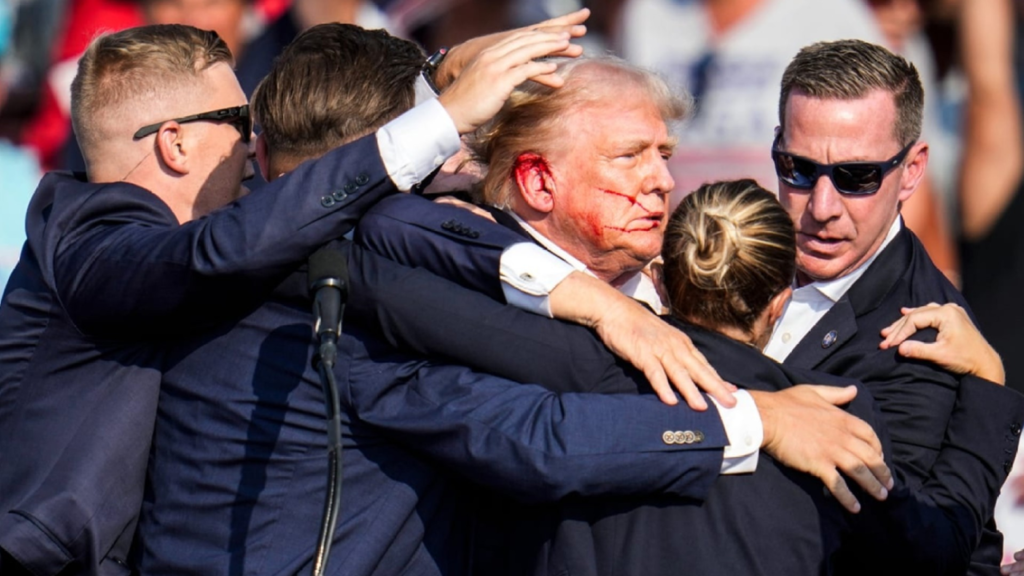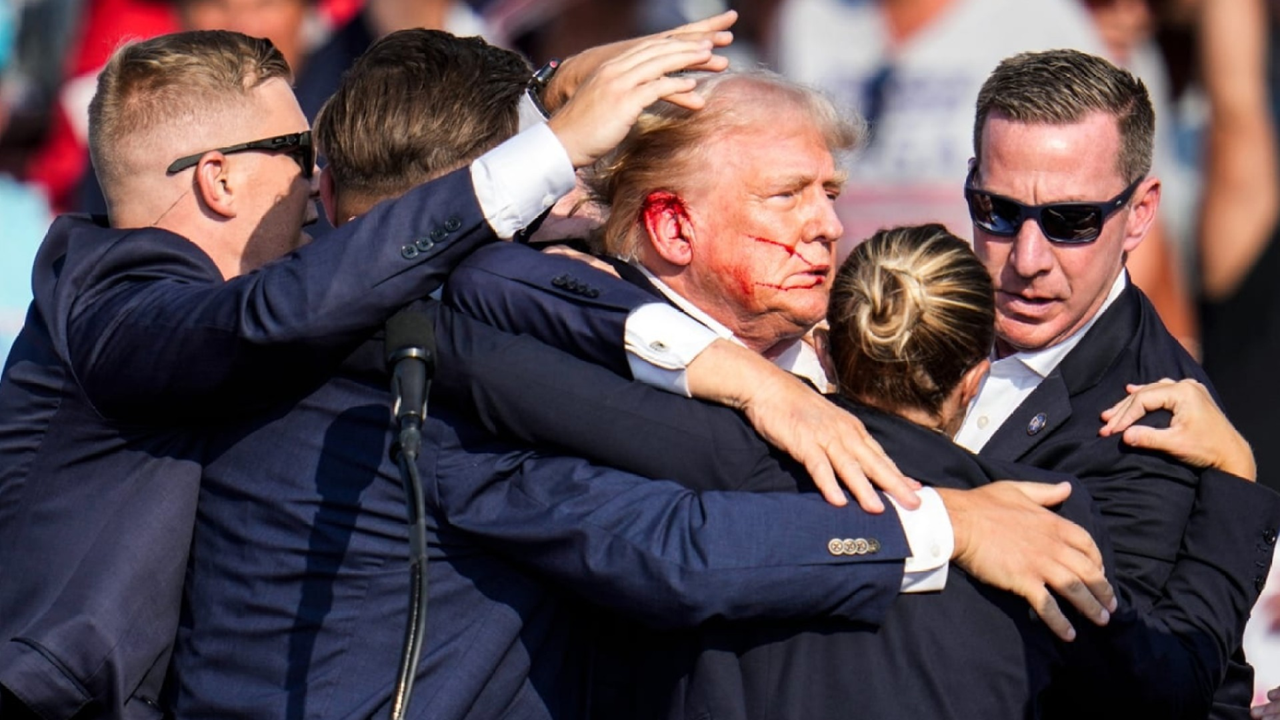
In a startling revelation, SWAT sniper assigned to protect former President Donald Trump during his July 13 rally reported having no communication with the Secret Service prior to a gunman attempting to assassinate Trump. This information, disclosed in interviews with ABC News, highlights a significant security lapse that nearly resulted in tragedy.
Jason Woods, a lead sharpshooter with the Beaver County, Pennsylvania SWAT team, expressed frustration over the lack of a face-to-face briefing with Secret Service agents. “We were supposed to get a face-to-face briefing with the Secret Service members whenever they arrived, and that never happened,” Woods told ABC News. “We had no communication.” Woods and his team only communicated with the Secret Service after the shooting, which Woods described as “too late.”
These comments have intensified scrutiny on the coordination between national and local agencies. The Secret Service did not respond to a request for comment sent by Business Insider outside regular business hours. However, a spokesperson did tell ABC that the agency “is committed to better understanding what happened before, during, and after the assassination attempt of former President Trump to ensure that never happens again.”
The SWAT team’s counter snipers, stationed at the American Glass Research (AGR) building, reportedly identified the gunman, Thomas Crooks, at least two hours before the shooting. The New York Times published text messages indicating that the counter snipers spotted Crooks moving suspiciously near their staging area and notified the command center of a potential threat.
Despite these warnings, Secret Service members on Trump’s detail claimed they never received any alert from the AGR building snipers, according to The Washington Post. This crucial communication breakdown allowed Crooks to climb onto the roof of the AGR building and open fire on Trump. The FBI confirmed that a bullet, or bullet fragments, struck the former president’s ear.
The aftermath of the July 13 assassination attempt has led to severe criticism of the Secret Service. Former agents and advisers have described the incident as a monumental security failure. “The assassination attempt of former President Trump on July 13th is the most significant operational failure of the Secret Service in decades,” said Secret Service director Kimberly Cheatle on July 22. Cheatle resigned the next day amid the ongoing backlash.
As investigations continue, the July 13 incident serves as a stark reminder of the vital importance of clear and effective communication among security agencies to prevent such threats in the future.

Это позволяет читателям самостоятельно сформировать свое мнение и оценить представленные доводы.